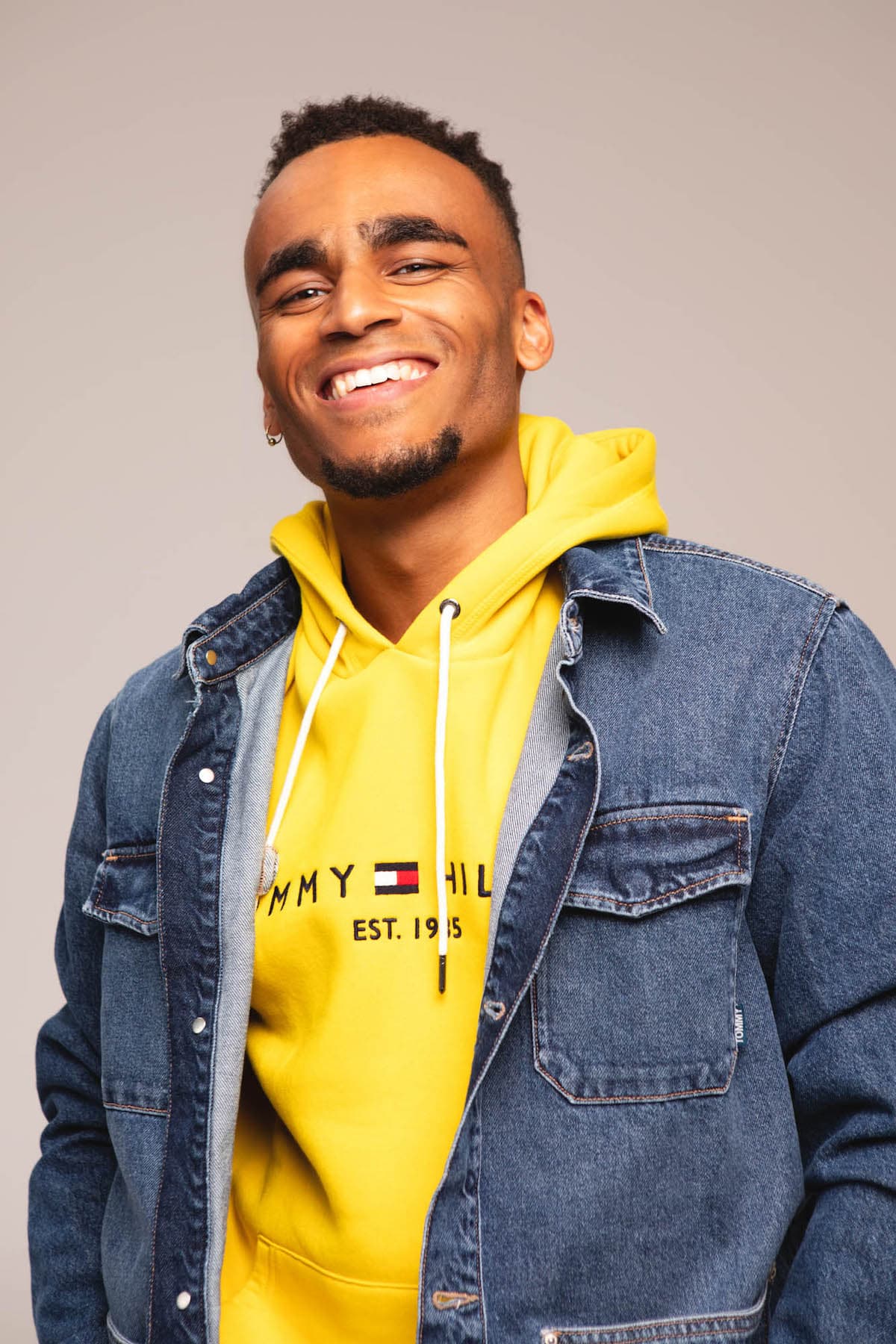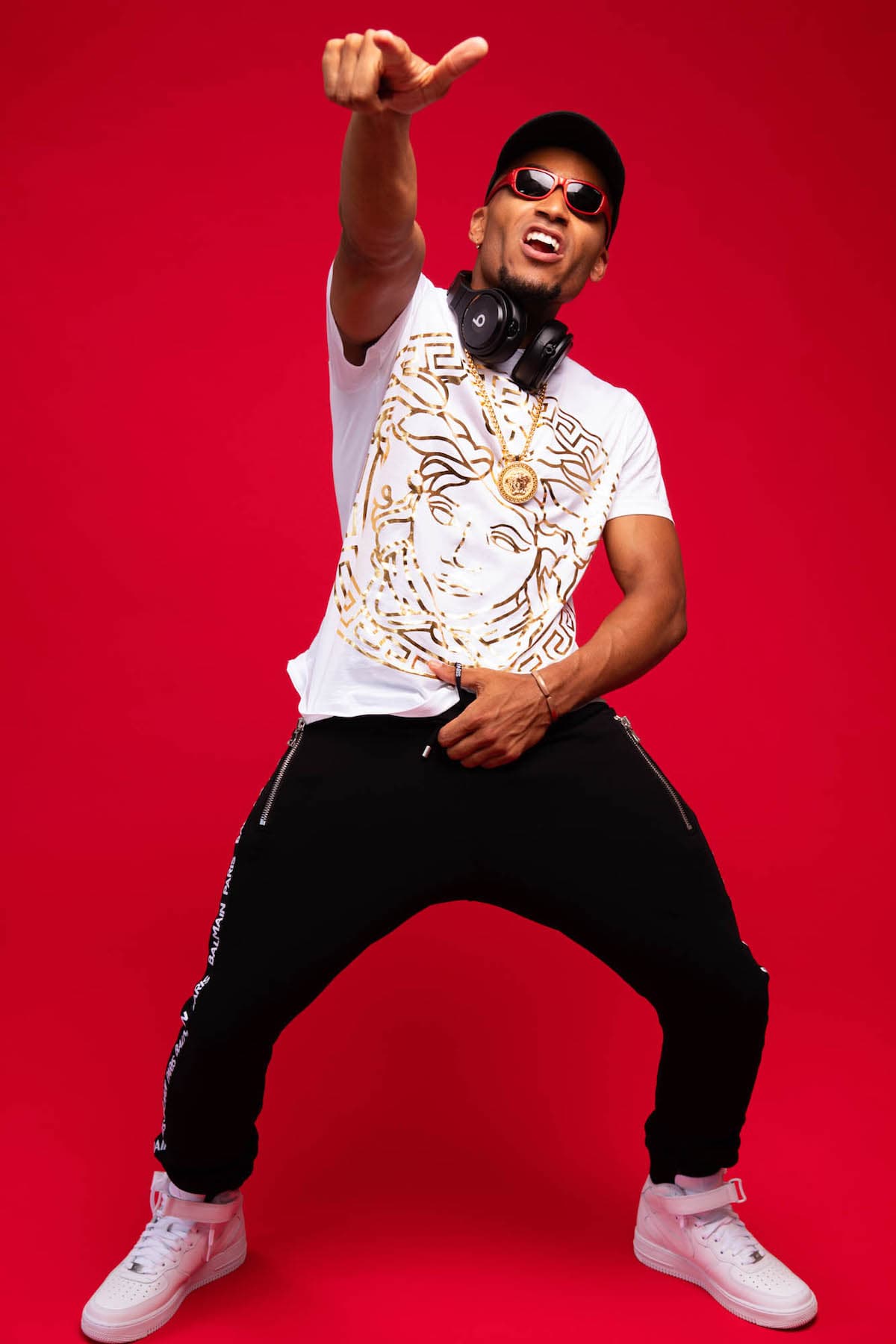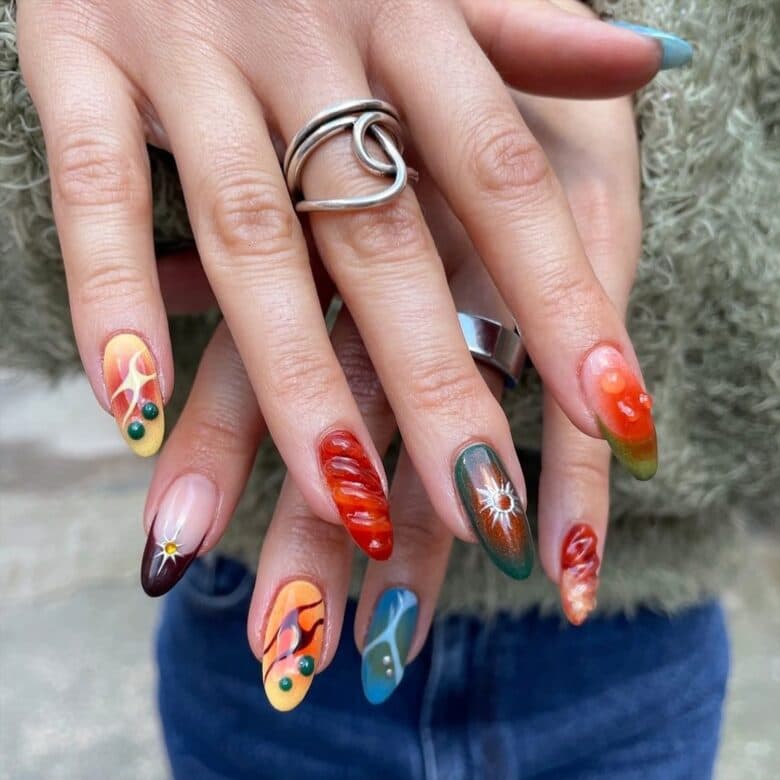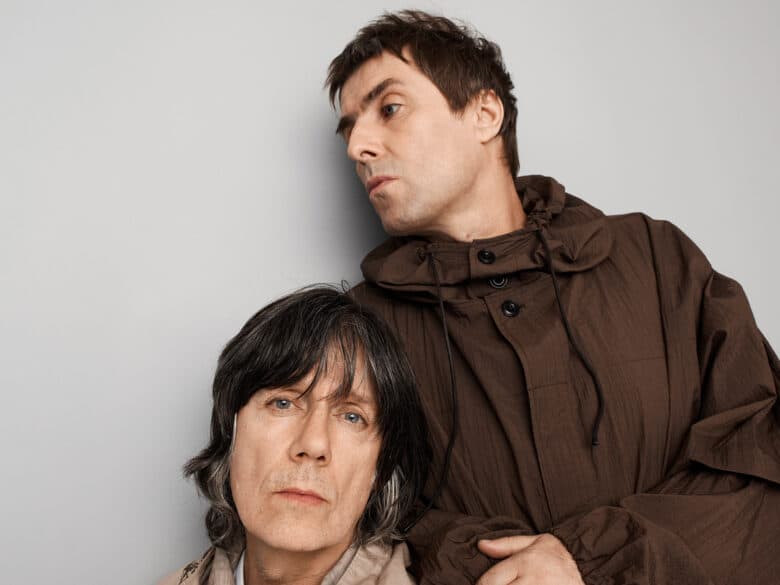Is Munya Chawawa the funniest person on the Internet?
What does comedy look like in 2020? If Munya Chawawa is anything to go by, it’s mile-a-minute, unabashedly political and very online. Building up a digital following of over half a million, the comedian’s arsenal of bizarre characters – newsreader Barty Crease, posh driller Unknown P or Jamie Oliver’s “Caribbean cousin” Johnny Oliver – are too silly not to laugh at.
Probe a little deeper though and each of his skits has a wider message, whether taking aim at cultural appropriation or insidious racism in the news. Over lockdown, you’ve likely caught his Craig Covid “7 Days (In Isolation)” sketch or JM(pp)E & Coviggs “Man Don’t Care” parody – and these not so subtle reminders to social distance and wear a mask are a natural extension of his socially conscious comedy.
The brand is clear, but who’s the man behind the jokes? To find out, we called him up for a chat about drill, flipping the tables on the middle class and his life-long dream to become David Beckham’s hairdresser.
When did you first get into comedy?
Ever since I was young, I’ve enjoyed making people laugh. My grandad was always super quick and funny, and he’d always be centre-stage at family gatherings. So I started buying joke books and memorising the jokes for when I went round to their house, so I could go toe-to-toe with Brian. I think that’s where it started.
Have you always wanted to be a comedian? Were there any other careers you wanted to pursue?
I actually wanted to be a hairdresser and cut David Beckham’s hair when I was younger. Then I went onto telling people I was going to be a Forensic Psychologist for the FBI. So yes, I might be doing comedy now but really, I’m just using it to fund my dream of cutting David Beckham’s hair in forensic overalls.
What is your creative process like?
Once I see something taking off on social media, my brain starts shooting fireworks in every direction. It could be two am, and I see a story – and in that moment I know that I won’t be sleeping that night. I’m usually working to a sixty-second limit, so I make sure I have three big laughs and loads of tiny ones crowbarred in between. The goal is to put so much funny stuff in such a short space of time, that you have to keep rewatching it to catch all the gags. Like Pokemon, but with less animal cruelty.

What’s the biggest thing you’ve learnt over the course of your career so far?
Persistence. I’ve tried a million and one things to get to this point: podcasts, vlogging, chat shows, radio, acting, fashion. You name it, I’ve tried it. I knew my dreams were too strong to not reach them one day, but I just didn’t know how I was meant to get there. So I tried everything and anything, relentlessly until I found something that stuck. Gutted that being a Crocs model didn’t work out though…
Music is obviously really important to you – who are your favourite artists and why?
I think people expect me to listen to music with heavy wordplay because I rely on that in my own music parodies. In actual fact, I barely remember or process any lyrics when I listen to music, I only process the sounds. I’ve got quite varied tastes, I like Young Thug and Lancey Fouxx because of how they manipulate their voices to sound so alien but I also like Tame Impala and Red Hot Chilli Peppers for their instrumental genius. People sometimes say I am good at music and I must have been an MC at some point, in reality, I just listen to so much, something must have rubbed off!
Still on the topic of music, I’d love to hear a bit about how your Unknown P character came about and why you decided to create him. Drill has been so demonised by the media, and bringing a bit of levity to the genre feels like quite a political and subversive move to be making.
Exactly, I wanted to demonstrate that anyone can listen to drill and it doesn’t instantly equate to attacking a pensioner in the park. Unknown P was designed to show that drill isn’t “violent music for violent people.” It’s just like any genre – an eclectic mix of people enjoy it and within that huge mix you’re going to have good and bad people. The character is also a reflection of middle-class people who desperately bandwagon onto Black culture once they realise it’s popping off, despite slating it ordinarily. That’s my favourite thing about the character: if you like him it’s a bonus, if you don’t like him, I’ve done my job!
I’m also really interested in Unknown P as a “comedy rapper” – when we look to the past, comedy rappers are quite often white people co-opting or ridiculing Black art forms or minority culture, so it’s really interesting that you’ve switched that format to poke fun at middle-class culture.
I grew up in a village called ‘Framingham Pigot’ which, you may guess, wasn’t the epicentre of urban culture. I worked as a waiter in this posh restaurant, and I quickly discovered that some middle-class people are absolutely bonkers. The way they’d behave and speak was so bizarre, I thought: why am I only seeing the working class and minorities being ridiculed when you lot are playing frisbee with oysters?! So yes, I had to flip the script to show that the middle class isn’t too high and mighty to be parodied.

The political bent of your comedy is really interesting, particularly Barty Crease, who really demonstrates the racist nature of most of the news which we receive in the mainstream press. What was your thinking behind creating this character?
It was getting tedious seeing the British press go unchecked in their biased reporting on Black people and Black issues. I just took the things they try to do subtly and magnified them massively to really illustrate how they were constructing their reports. The choice of adjectives or images might usually go unnoticed but after the Barty Crease treatment, I hoped everyone would be aware of what was really being done on a micro-level.
Throughout Covid-19, you’ve been releasing sketches that encourage people to stay inside, wear their masks and generally be responsible. Why is comedy an effective medium for these kinds of messages?
I think none of us like being patronised or having a finger wagged in our face telling us to do better so comedy, for me, is very much a way of reminding people of important messages whilst they laugh.
How does working primarily across social media and YouTube impact the type of content you create? Are you able to be freer with the kinds of statements and topic you cover?
I love social media platforms so much because it means millions of people can enjoy content straight from my brain. I don’t have to get approval from a man who thinks jollof rice is an African author, I don’t have to have punchlines plucked out because “they might offend some people” and I don’t have to jump through any hoops before getting to express my ideas. Good ideas should be able to take flight as quickly and as authentically as possible, and social media is perfect for that.
What do you think is the future of comedy?
I think comedy will continue to provide light in an ever-changing, sometimes petrifying world! Don’t ask me though, I’ll be giving David Beckham a skin fade.
Don’t follow Munya yet? Check him out on Instagram – see how long you can last without laughing.

